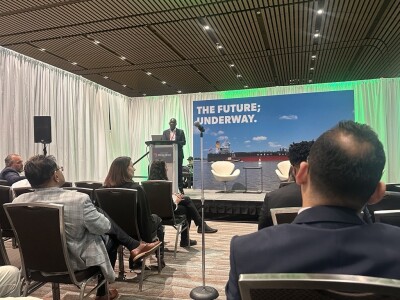The Jones Act governs many aspects of the maritime industry. It is most commonly known in legal circles for its unique remedy of providing seamen the right to sue employers for money damages for injuries or illnesses that result from the employer’s negligence.
However, the Jones Act has a less known but equally important part that pertains to marine commerce. It requires that all goods shipped between U.S. ports be carried by U.S.-built, -owned, -crewed and -operated vessels. These original provisions were signed into law to promote U.S. shipbuilding, expand economic development and enhance national security.
Many people now say that the protectionist underpinnings of the Act are outdated. There is a movement afoot in Congress to strip the U.S. ownership and crewing requirements from the Act.
Proponents of the change argue that these archaic tenets of the Jones Act are an obstacle to economic growth due to the higher costs of domestic labor. Arguably, cheaper foreign-built and foreign-owned vessels whose crews come from outside the U.S. would make the cost of doing business cheaper domestically, thereby invigorating trade and lowering prices to the domestic consumer.
Opponents of revising the Jones Act emphasize the importance of a strong and viable U.S. shipbuilding industry and a protected labor force at home. Even national security could be undermined by stripping the “American made” mandate of the Jones Act, according to proponents of the current law. Attempts to alter the Jones Act have become a divisive issue on Capitol Hill as well as in the marine industry. It pits U.S. shipbuilders and merchant mariners against those in the broader manufacturing and transportation sectors.
Changes to the Jones Act have been debated for decades, and major amendments are unlikely in the near term. However, the Jones Act and any effort to have it legislatively modified deserve close attention by anyone with a stake in the marine industry.
Daniel J. Hoerner is a maritime attorney with Mouledoux, Bland, Legrand & Brackett LLC.
The views and opinions expressed in this blog are the author's and not necessarily those of WorkBoat.





